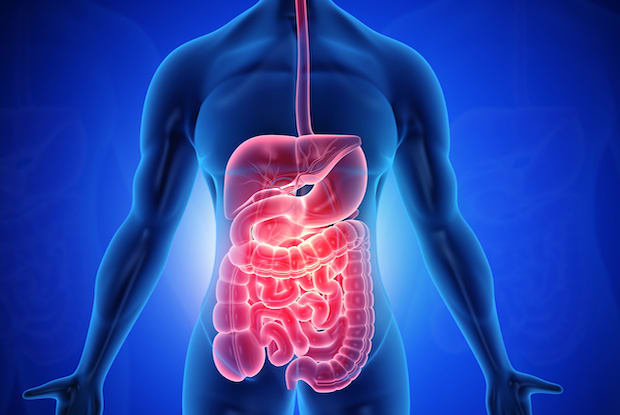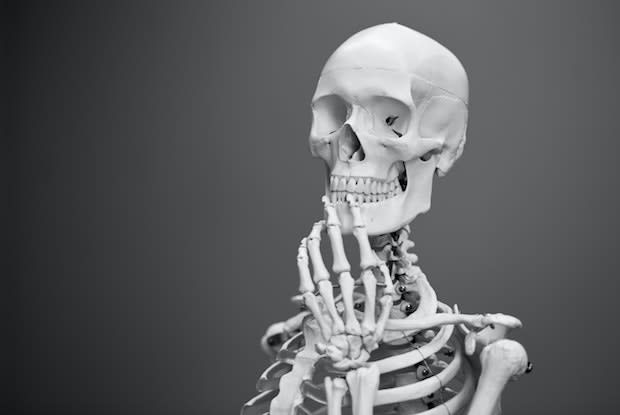Table of Contents
III. Alcohol and the Digestive System
IV. Alcohol and the Central Nervous System
VI. Alcohol and the Reproductive System
Overview
Drinking alcohol is a common social activity for Americans, and small amounts of beer or wine should not cause a health problem. However, more than 14 million Americans have an alcohol use disorder (AUD) and struggle to control their alcohol consumption. [1]
Alcohol is a drug and, like other drugs, can have a large negative effect on a person’s health. Health risks are more likely when alcohol is consumed frequently or in large amounts. As well as affecting your body, alcohol can also cause or worsen mental health issues, including anxiety and depression.
For people that have an alcohol use disorder, there are several treatments available. An important first step is detoxing from alcohol for up to a week. This allows all alcohol to be removed from the body. This may take place in a clinic or hospital setting. Once this is complete, therapy and counseling can help deal with alcohol triggers like stress. Therapy can also help change the behaviors that make you want to drink. [2] Prescription medications such as Antabuse (disulfiram) and Campral (acamprosate) can lessen the enjoyment of alcohol and help deal with alcohol cravings. Keep reading to learn more about the effects of alcohol on your liver, heart, digestive system, and more.

Alcohol and the Liver
Liver disease is one of the most severe consequences of alcohol abuse. The liver functions by breaking down and removing harmful substances, like alcohol, from the body. Consistent use of alcohol over a long period of time can cause the liver to become inflamed or scarred. Liver disease leads to a buildup of toxins and waste in the body and can become life-threatening. Alcohol can also cause conditions including liver cancer, cirrhosis, fibrosis, alcoholic hepatitis, or fatty liver. [3]
Women have a higher risk of developing alcohol-related liver disease (ARLD). Women’s bodies are more likely to absorb more alcohol and usually take longer to process it. Other ARLD risk factors include a family history of the disease, poor nutrition, and a history of heavy or binge drinking. [4]
Alcohol and the Digestive System
The digestive system includes the liver, pancreas, gallbladder, and the digestive tract. The digestive tract runs from the mouth to the anus and also contains the esophagus, stomach, small intestine, and large intestine. The digestive system moves food and liquid through the body and breaks them down so that the body can absorb the nutrients. [5]
Alcohol may damage tissues in the digestive tract. This damage prevents the intestines from functioning correctly and can stop the body from absorbing the nutrients that it needs, causing malnutrition.
Excess alcohol can also cause abnormal enzymes in the pancreas and digestive system. This can result in pancreas inflammation-causing pancreatitis.
Additionally, heavy drinking may increase the risk of mouth, throat, colon, esophagus, or liver cancer. This risk is further increased in people that drink alcohol and smoke. Heavy alcohol use may also cause ulcers, hemorrhoids, or diarrhea. [6]

Alcohol and the Central Nervous System
The central nervous system (CNS) consists of the brain and spinal cord. This system is responsible for receiving information from around the body and then responding appropriately. This includes the movement and functioning of muscles, glands, and hormones.
Alcohol can affect this in several ways. One of the first signs of intoxication is slurred speech. This is a result of communication between the brain and the body being affected. More serious effects of alcohol on the CNS can involve memory problems and brain disorders such as Wernicke-Korsakoff syndrome.
Alcohol and the Bones
It is well known that the skeleton provides structural support for the whole body while protecting the organs. Bones also help produce red and white blood cells, help direct forces from the muscles, and store important minerals for the body. [7]
Alcohol abuse can cause an imbalance in the levels of calcium in the body. Alcohol disrupts the production of vitamin D that helps the body absorb calcium. Lowered levels of calcium can lead to osteoporosis, increasing the risk of potential bone fractures. [3]

Alcohol and the Reproductive System
Heavy alcohol use can reduce the fertility of both men and women. In men, alcohol abuse can prevent the production of sex hormones, lower libido, and cause erectile dysfunction.
In women, heavy or regular alcohol use can cause irregular menstruation and increase the risk of infertility. Drinking during pregnancy can also have major effects. It can increase the risk of miscarriage, premature delivery, or stillbirth. Additionally, unborn children have a higher risk of learning difficulties, physical abnormalities, and other long-term health issues. [6]
Alcohol and the Heart
Cardiovascular problems affect the heart and blood vessels. Excess alcohol can weaken the heart muscle, preventing the heart from pumping blood efficiently. Alcohol also increases blood pressure. These factors can cause serious cardiovascular problems, including blood clots, stroke, heart attack, high blood pressure, irregular heartbeat, and other conditions. [3]
The content in this article is intended for informational purposes only. This website does not provide medical advice. In all circumstances, you should always seek the advice of your physician and/or other qualified health professionals(s) for drug, medical condition, or treatment advice. The content provided on this website is not a substitute for professional medical advice, diagnosis or treatment.
